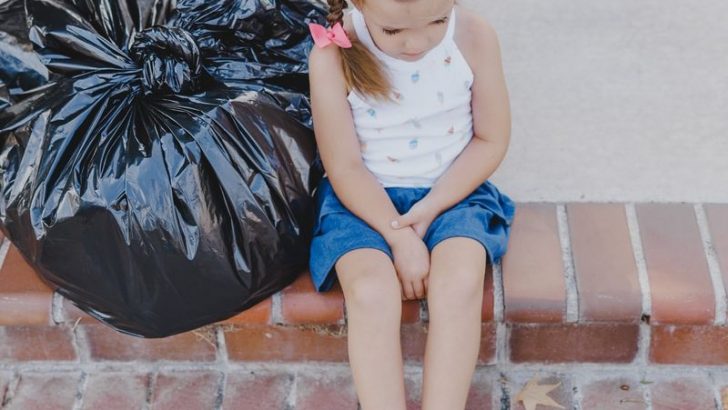In a world where sustainability is becoming increasingly important, many of us still find ourselves purchasing items that are, frankly, wasteful. These items not only clutter our homes but also contribute to environmental degradation. By reevaluating our buying habits, we can make more conscious decisions that benefit both our wallets and the planet. This blog post highlights nine common products that are often bought but end up being unnecessary. Making small adjustments in our daily choices can lead to significant positive changes. Let’s explore these items and consider alternatives that are both practical and eco-friendly.
1. Plastic Water Bottles
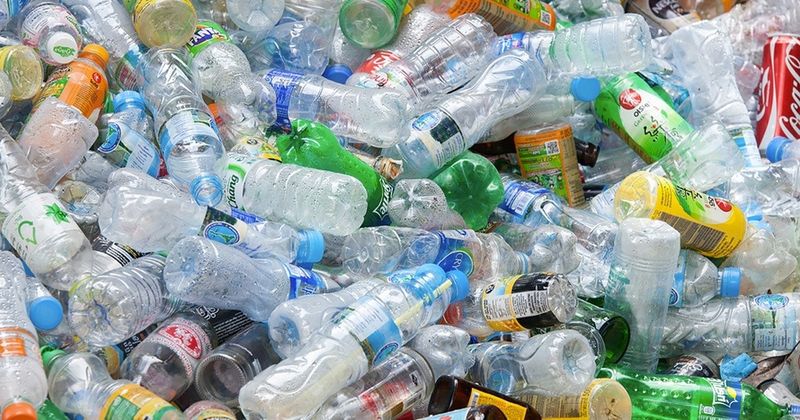
Plastic water bottles are convenient but incredibly wasteful. Despite their ease of use, they contribute massively to environmental pollution. Most plastic bottles end up in landfills or the ocean, where they take centuries to decompose. Consider switching to a reusable water bottle made from materials like stainless steel or glass. Not only will this reduce waste, but it can also save you money in the long run. Many places offer refill stations, making it easy to stay hydrated without the waste. Small changes in daily habits can lead to a more sustainable future.
2. Fast Fashion Clothing
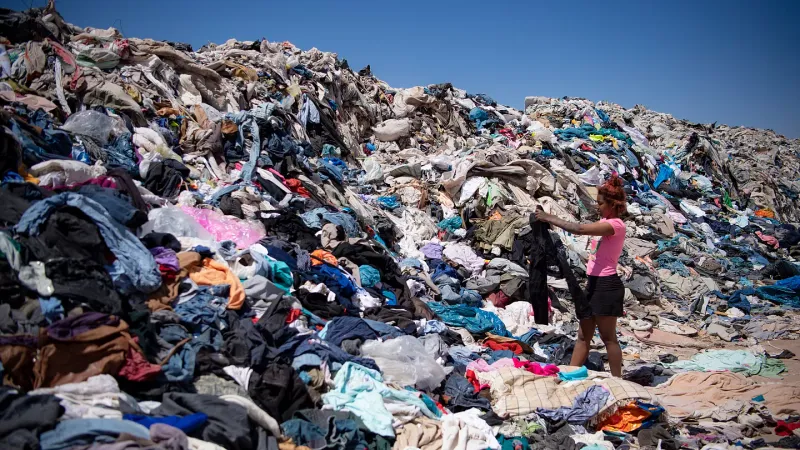
Fast fashion may seem budget-friendly, but its environmental cost is enormous. The production processes often involve harmful chemicals and massive water consumption. Additionally, these clothes are designed to wear out quickly, encouraging more purchases. Instead, invest in high-quality, timeless pieces. They last longer and reduce the cycle of constant buying and discarding. Thrifting or buying second-hand clothes is also a sustainable option. Changing our shopping habits can significantly decrease our carbon footprint. By choosing sustainable fashion, we help preserve our planet for future generations.
3. Disposable Razors
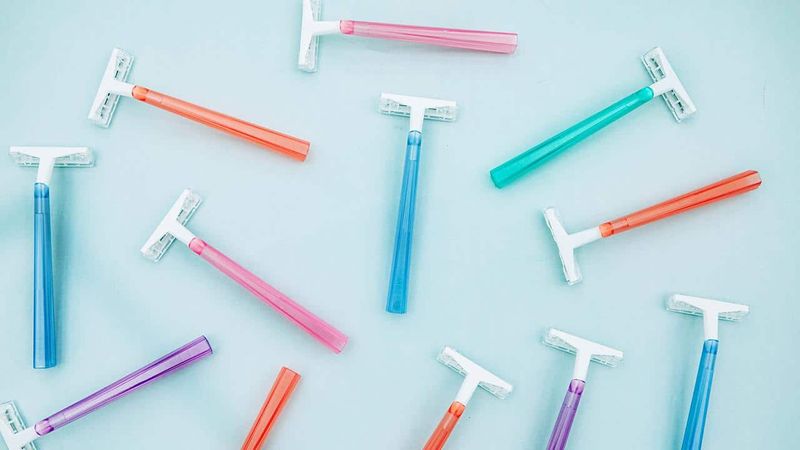
Disposable razors are another culprit in the realm of wasteful purchases. While they offer convenience, their lifespan is short, and they contribute to significant plastic waste. Consider transitioning to a reusable razor with replaceable blades. This not only saves money over time but also reduces plastic pollution. Quality razors provide a closer shave and a better experience overall. Small shifts, like opting for reusable alternatives, help pave the way toward a more sustainable living. Let’s make shaving an eco-friendly routine.
4. Single-Use Coffee Pods
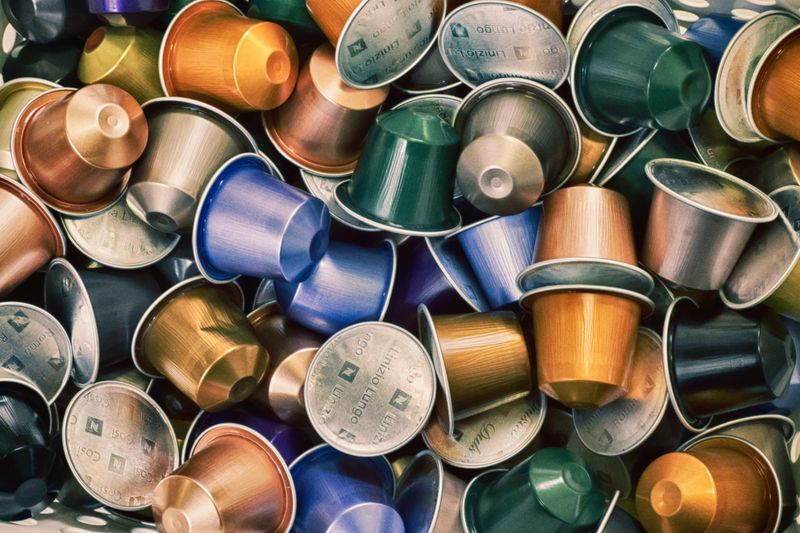
Single-use coffee pods are a modern convenience with hidden environmental costs. These pods often end up in landfills, contributing to plastic waste. Switching to a traditional coffee maker with a reusable filter can make a big difference. Not only does it reduce waste, but it also allows for a more personalized coffee experience. You can choose your blend and strength, making each cup special. By ditching the pods, we embrace a more sustainable coffee ritual.
5. Paper Towels
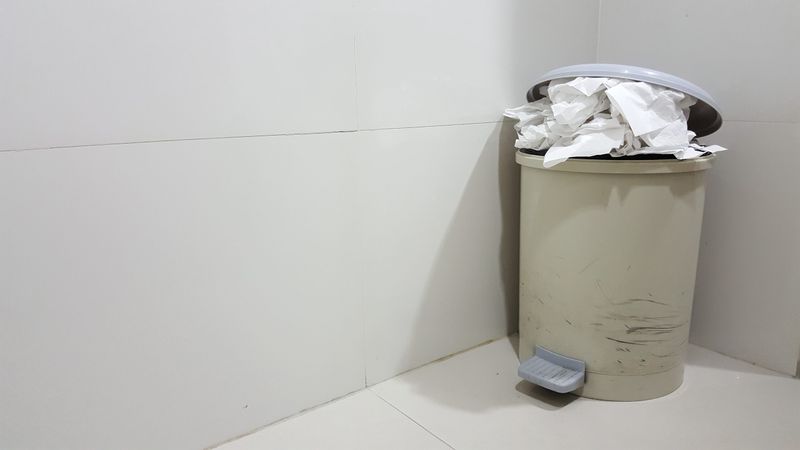
Paper towels are an everyday staple that’s often overused. Despite their convenience, they contribute to deforestation and excessive waste. Opt for reusable cloths that can be washed and used multiple times. Not only do they perform just as well, but they also save money in the long run. Implementing reusable alternatives in daily cleaning routines can significantly cut down on waste. Let’s embrace sustainable practices for a cleaner, greener home.
6. Plastic Grocery Bags
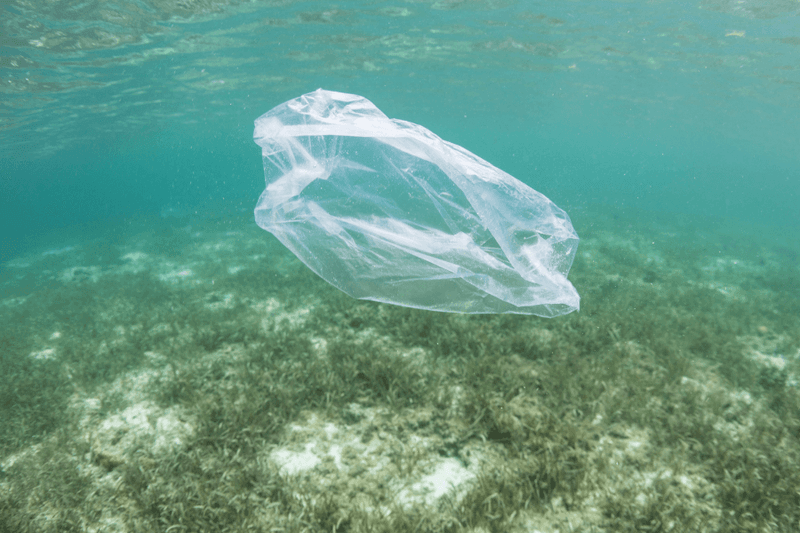
Plastic grocery bags are notorious for their environmental harm. They are often used once and then discarded, ending up in landfills or oceans. Reusable bags are a simple and effective alternative. They are sturdy, stylish, and can be used countless times. Making a habit of bringing reusable bags can drastically reduce plastic waste. For a positive environmental impact, let’s carry reusable bags every time we shop.
7. Disposable Cutlery
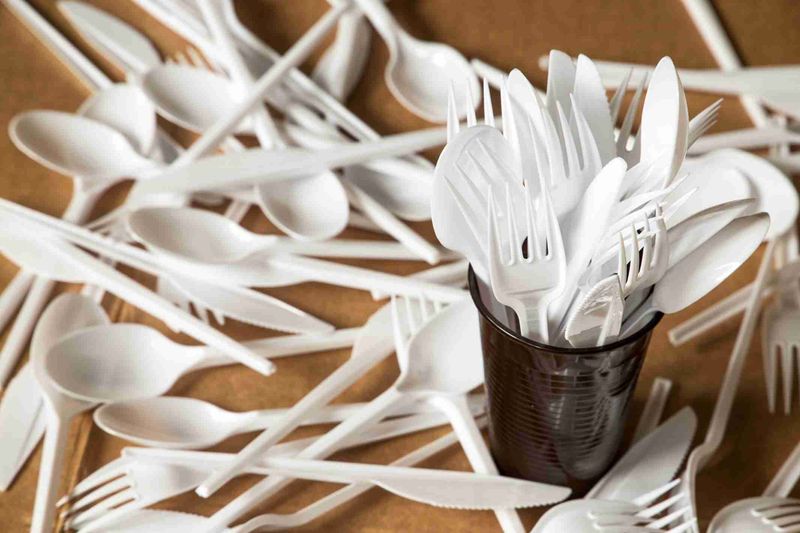
Disposable cutlery is convenient for on-the-go meals but contributes heavily to plastic waste. These items are used once and then discarded, often ending up in landfills. Switching to a reusable cutlery set is a sustainable option. Bamboo or stainless steel sets are lightweight, durable, and easily portable. By choosing reusable, we reduce plastic waste and promote a sustainable dining experience. It’s a simple change that makes a big difference for the planet.
8. Plastic Straws
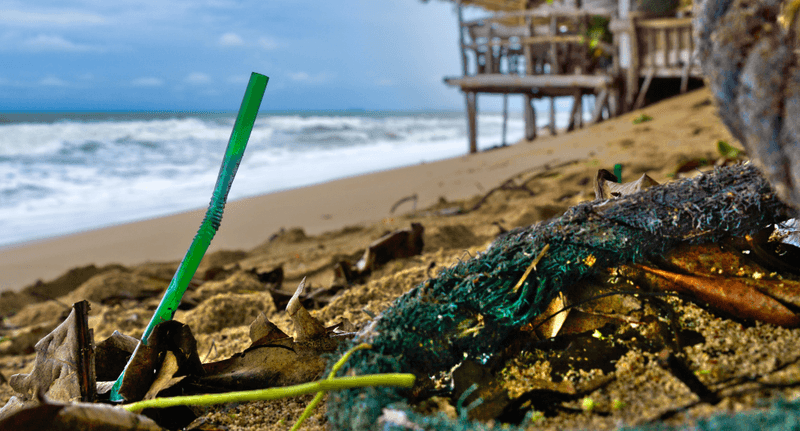
Plastic straws are small but mighty in their environmental impact. These single-use items often end up in oceans, harming marine life. Opt for reusable straws made from metal, glass, or silicone. They are easy to clean and can be used repeatedly. By saying no to plastic straws, we support a more sustainable future. It’s a tiny change with a substantial environmental benefit, protecting wildlife and waterways for years to come.
9. Cheap Electronics
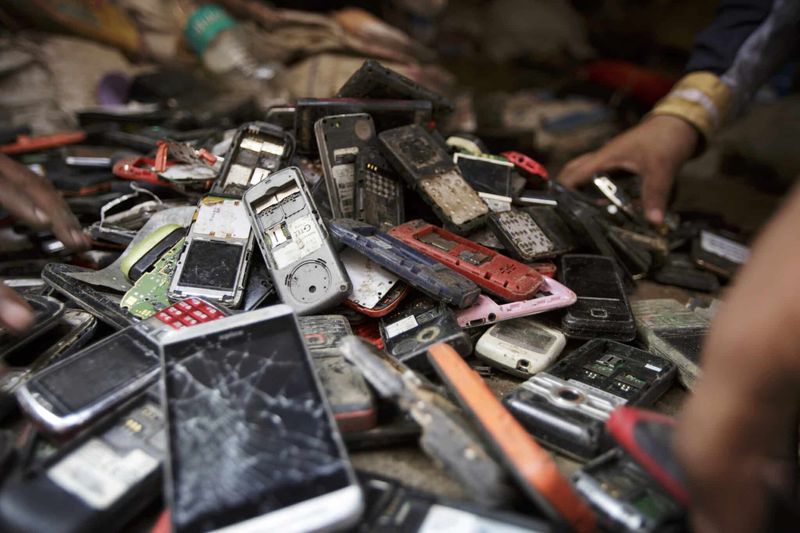
Cheap electronics are enticing with their low prices but often lack durability. They break easily, leading to e-waste that harms the environment. Investing in high-quality electronics ensures longevity and better performance. Look for devices with good reviews and warranties to guarantee reliability. This shift not only saves money over time but also reduces electronic waste. By choosing quality over quantity, we contribute to a more sustainable tech future.

Well, hello there!
My name is Jennifer. Besides being an orthodontist, I am a mother to 3 playful boys. In this motherhood journey, I can say I will never know everything. That’s why I always strive to read a lot, and that’s why I started writing about all the smithereens I came across so that you can have everything in one place! Enjoy and stay positive; you’ve got this!

